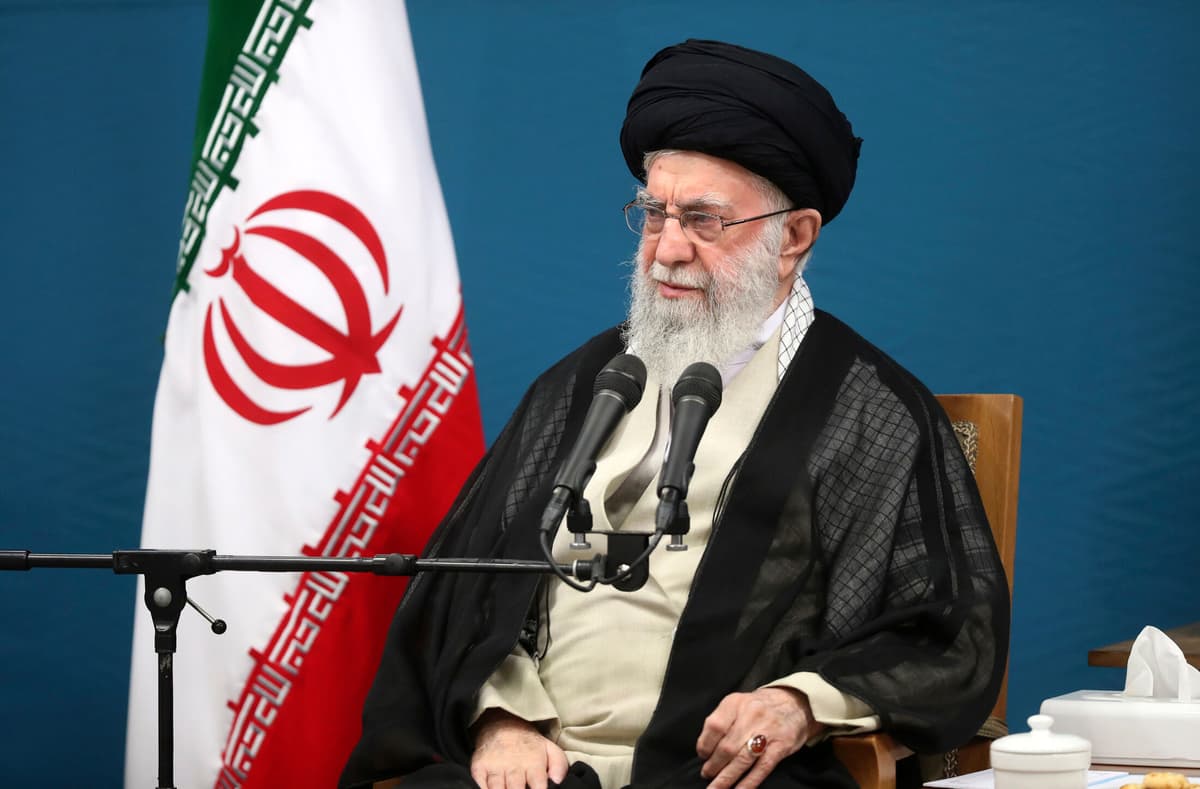With Resumption of Trump’s ‘Maximum Pressure’ Policies Likely Looming, Iran’s Leadership Scrambles for Survival
‘Inflation is already causing worker strikes across the country,’ an Iran watcher tells the Sun. Frequent electricity outages in a country flush with oil and natural gas are adding to the population’s growing resentment of the regime, he says.

With Iran suffering increasing rates of hyperinflation and mounting regional setbacks, and with questions regarding the leadership’s succession plans abounding, prospects for the mullah regime’s survival appear to be dimming.
Fearing a resumption of Washington’s “maximum pressure” policies after President-elect Trump returns to the White House, Iran is reportedly selling to Communist China all the oil it can before January 20.
A login link has been sent to
Enter your email to read this article.
Get 2 free articles when you subscribe.

